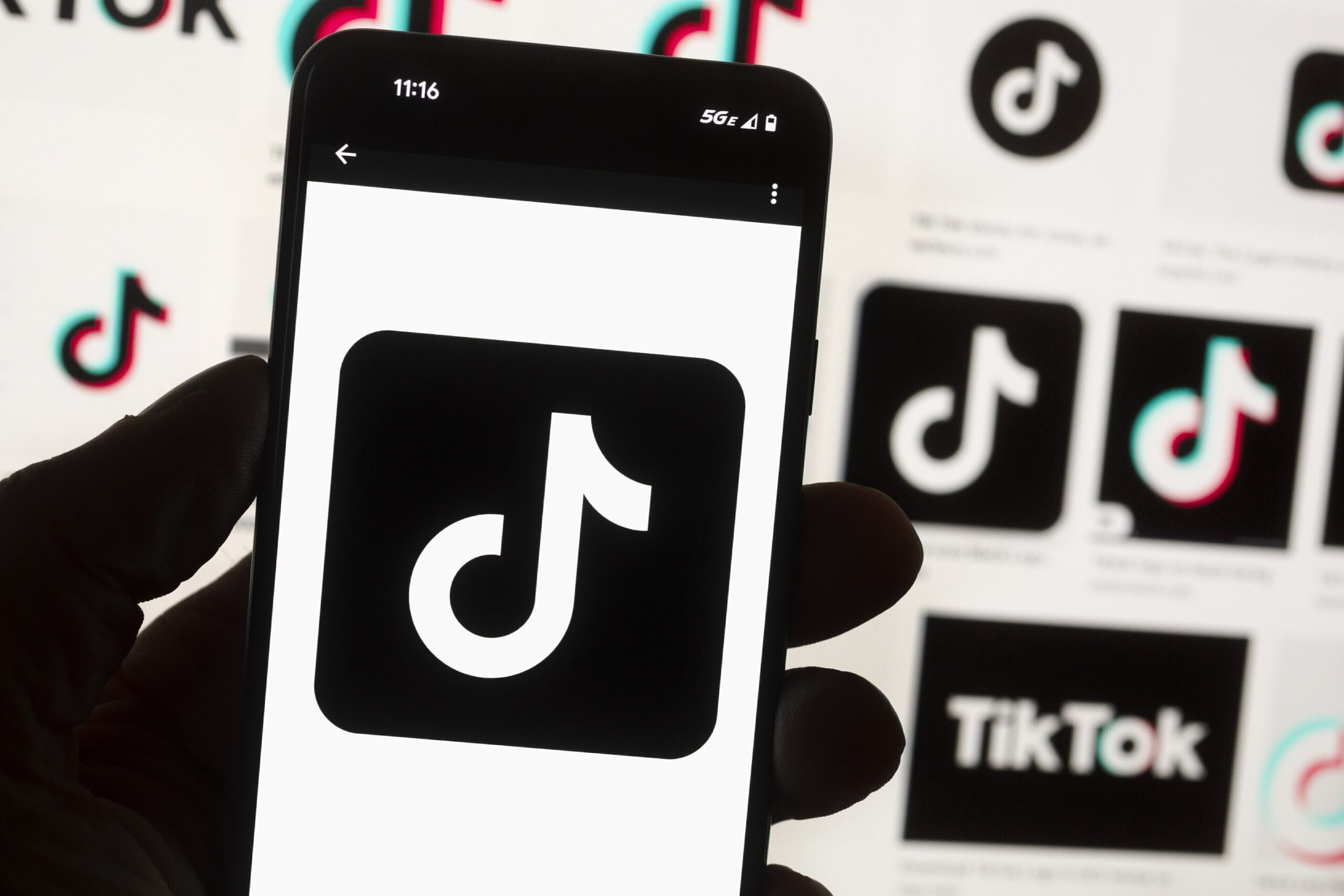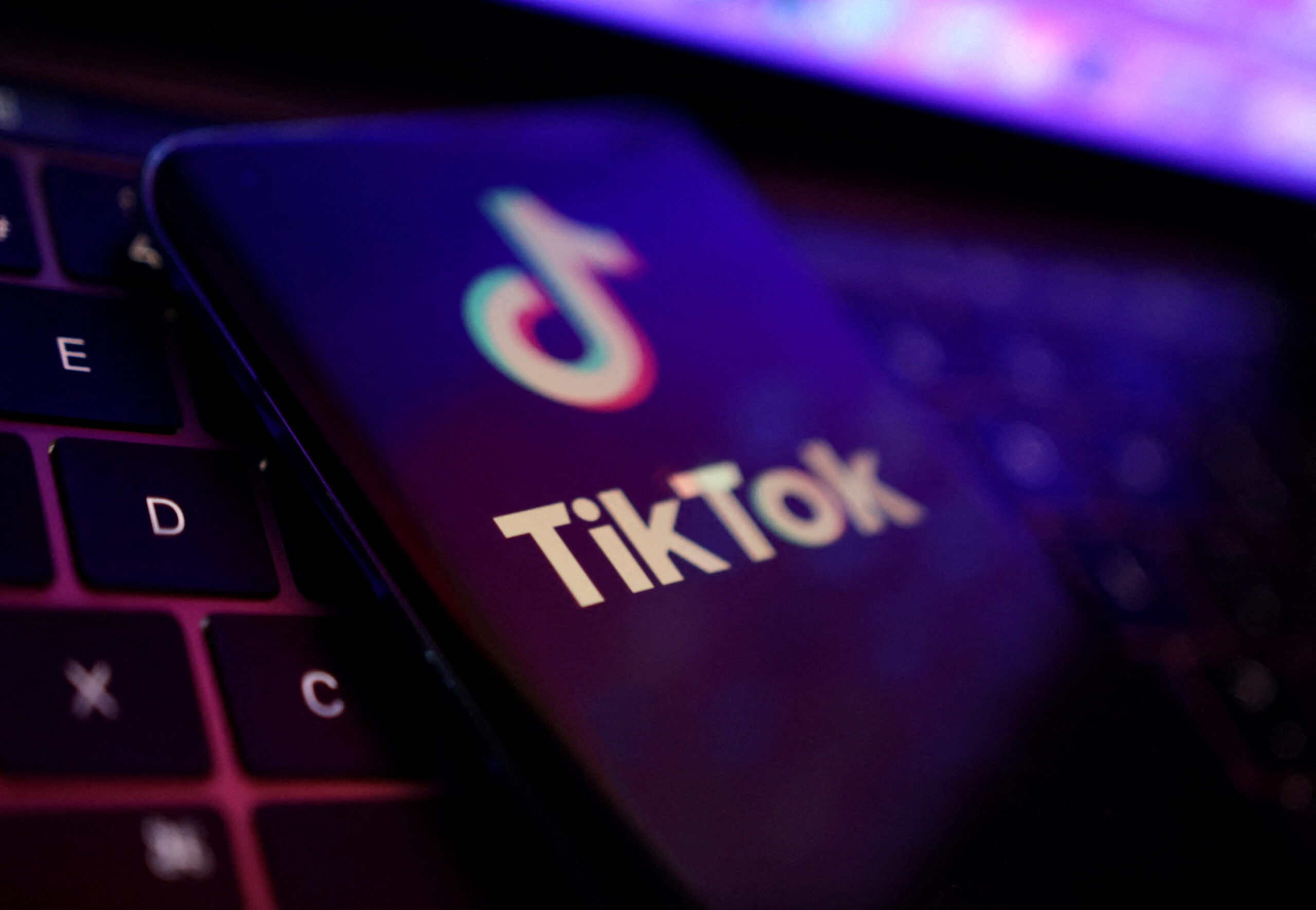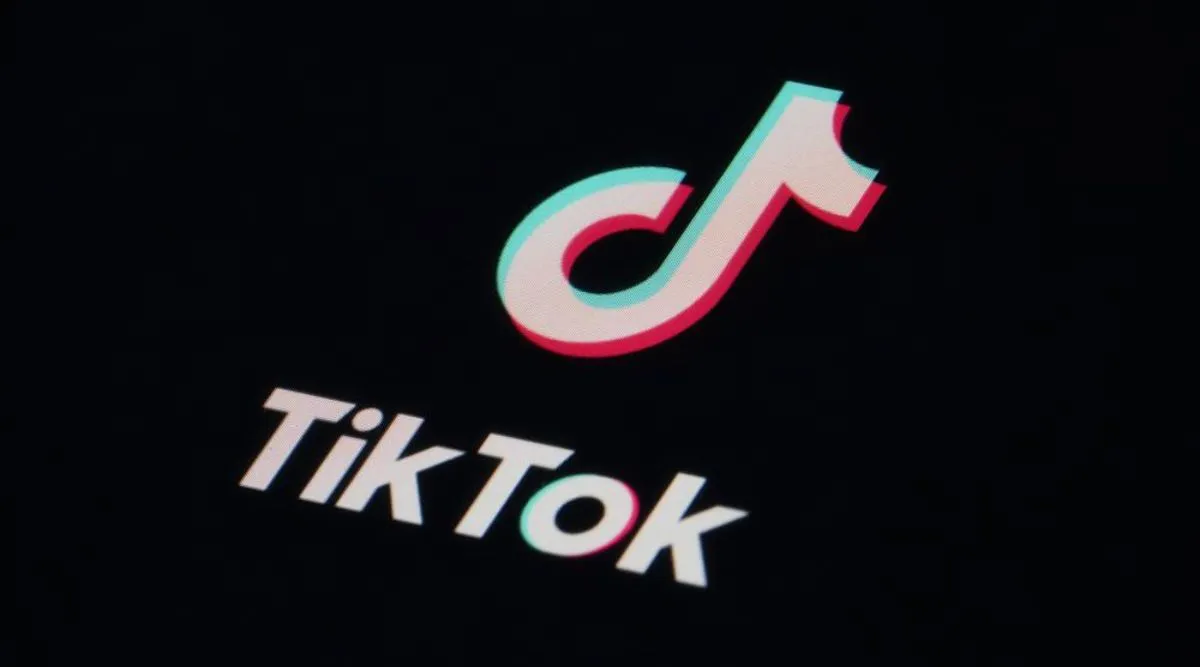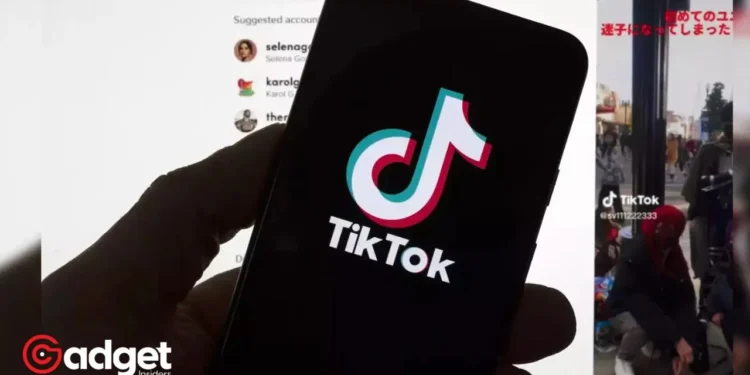In the swirling vortex of digital innovation and geopolitical tension, TikTok finds itself at a pivotal crossroads. The social media juggernaut, beloved by millions for its addictive short-form content, is now navigating through the murky waters of international politics and data privacy concerns. Amidst legislative scrutiny in the United States, rumors of a high-profile acquisition have surfaced, sparking a heated debate over the future of user data and the integrity of social platforms.
A New Suitor on the Horizon: The Entry of a Tech Magnate
Bobby Kotick, the former CEO of Activision, a household name for gamers due to its flagship franchise, Call of Duty, has reportedly thrown his hat into the ring for TikTok’s acquisition.
According to a Wall Street Journal report, Kotick has shown keen interest in purchasing TikTok from its parent company, ByteDance. This interest isn’t merely financial; Kotick is exploring the potential of leveraging TikTok’s vast user data to bolster artificial intelligence models.
His tenure at Activision wasn’t without controversy, marked by allegations of mishandling workplace misconduct. Yet, his ambitious gaze is now fixed on the app, eyeing a partnership that could reshape the app’s future.

Kotick’s plan involves partnering with luminaries in the AI field, including Sam Altman of OpenAI. The envisioned synergy could see TikTok‘s data playing a crucial role in training sophisticated AI algorithms. However, this raises significant privacy concerns, echoing a broader apprehension about user data being commodified without explicit consent.
Legislative Crosshairs and the Specter of a Ban
The backdrop to this acquisition drama is a legislative push in the U.S. to ban TikTok, citing national security concerns. Lawmakers argue that TikTok’s ties to ByteDance could potentially allow sensitive user data to fall into the hands of the Chinese government.
This bipartisan bill is not just about data security; it reflects a growing wariness of technology’s role in geopolitics and the dissemination of misinformation.
TikTok’s response has been to mobilize its vast user base. The platform issued a notice warning of the potential shutdown in the U.S., urging users to defend their right to free expression.

This move underscores the profound impact such a ban could have, not just on the platform’s availability, but on the economic and creative ecosystem it supports.
ByteDance’s Rebuttal and the Future of TikTok
In response to rumors of the sale and Kotick’s interest, ByteDance has categorically denied any kind of communication with potential buyers. This denial adds another layer of intrigue to the unfolding narrative, leaving observers to wonder about the veracity of the reported acquisition talks and the future trajectory of TikTok.
Should we be concerned with #TikTok's new mysterious owner?#chinatiktok #tiktokbanned pic.twitter.com/Nsrf3ECM29
— Lei's Real Talk (@LeisRealTalk) February 9, 2023
The Balancing Act of Innovation and Privacy
As this saga unfolds, the core issues at stake extend beyond TikTok’s operational challenges. They touch on the delicate balance between harnessing data for technological advancement and safeguarding individual privacy.
The potential acquisition by a figure like Kotick, coupled with legislative scrutiny, serves as a poignant reminder of the evolving landscape of digital rights and responsibilities. The outcome of this battle could set a precedent for how social media platforms operate, the role of AI in our daily lives, and the boundaries of user data utilization.

TikTok’s journey through these tumultuous waters is more than a corporate saga; it’s a reflection of the broader challenges facing our increasingly digital society. As users, creators, and policymakers watch closely, the decisions made today will resonate far beyond the confines of a single app, shaping the future of digital expression and privacy.










